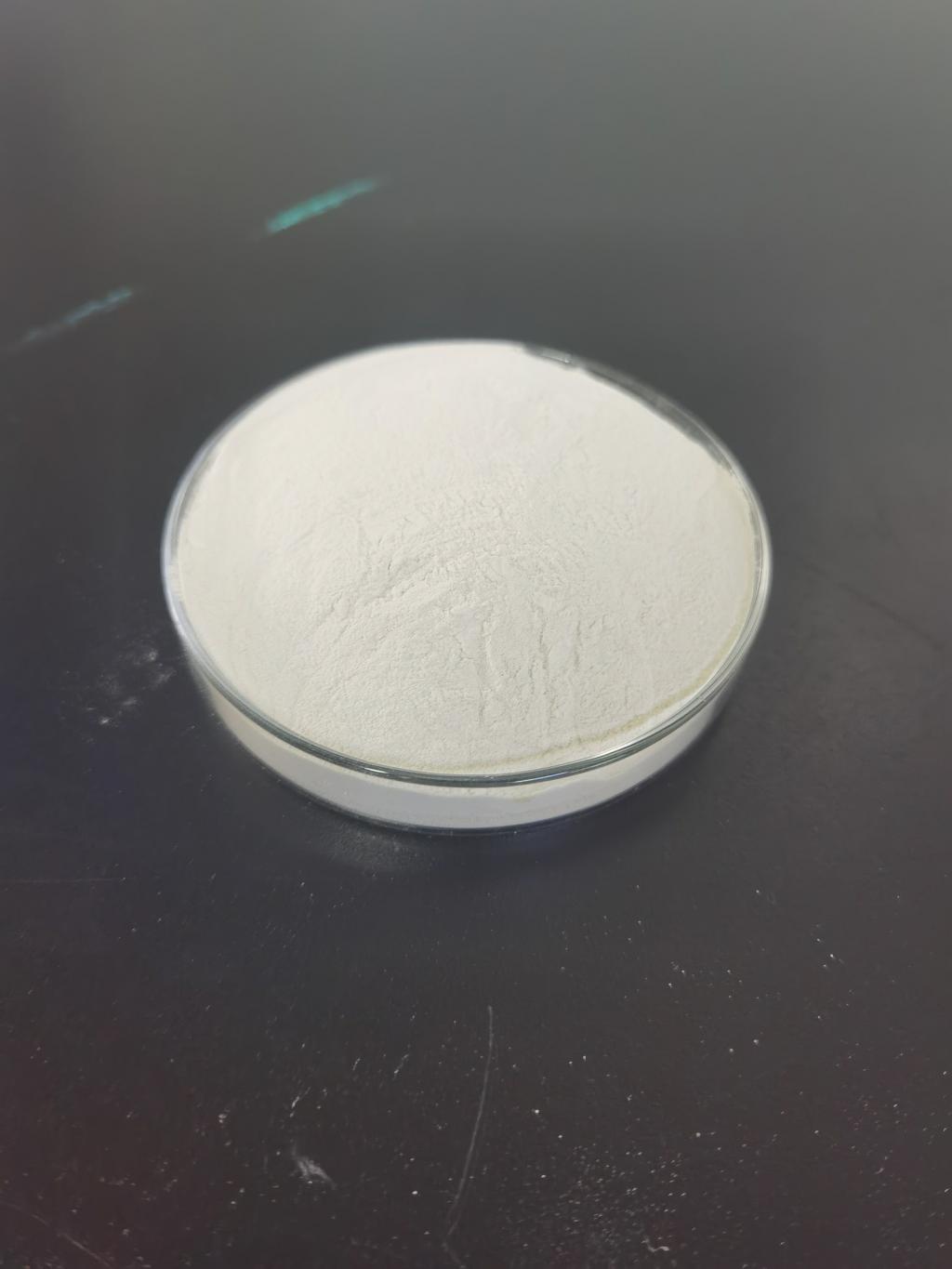Tel:+8618231198596

News
 CONTACT
CONTACT
 CONTACT
CONTACT
- Linkman:Linda Yao
- Tel: +8618231198596
- Email:linda.yao@dcpharma.cn
- Linkman:CHARLES.WANG
- Department:Overseas
- Tel: 0086 0311-85537378 0086 0311-85539701
News
Nisin's use in addressing the challenge of food safety in street food and informal markets.
TIME:2023-08-24
The Challenge of Food Safety in Street Food and Informal Markets
Street food and informal markets are popular due to their convenience, variety, and affordability. However, they often lack the infrastructure and resources necessary to maintain stringent food safety standards. Vendors may not have access to clean water, proper waste disposal, or refrigeration facilities. These conditions create an environment conducive to the growth of harmful microorganisms, increasing the risk of foodborne illnesses.
Nisin: A Natural Antimicrobial Peptide
Nisin is a natural antimicrobial peptide produced by certain strains of the bacterium Lactococcus lactis. It is commonly used as a food preservative to inhibit the growth of various bacteria, including those responsible for food spoilage and foodborne illnesses. Nisin's antimicrobial activity is particularly effective against Gram-positive bacteria, which are commonly found in foods and are known to cause foodborne diseases.
Mechanism of Action
Nisin exerts its antimicrobial effect through several mechanisms. It disrupts the integrity of bacterial cell membranes, leading to leakage of cellular contents and eventual cell death. Additionally, nisin can interfere with cell wall synthesis and alter membrane potential, further impairing bacterial growth. Importantly, nisin has been shown to be active against a wide range of bacteria, including antibiotic-resistant strains, making it a valuable tool in combating bacterial infections.
Advantages of Nisin in Street Food Safety
Natural Origin: Nisin is derived from a natural source, which aligns with the growing consumer demand for clean-label and natural ingredients in food products.
Broad-Spectrum Activity: Nisin's effectiveness against a wide array of harmful bacteria enhances its utility in various food applications, reducing the risk of bacterial contamination in street food.
Resistance Prevention: Unlike some conventional antimicrobial agents, the likelihood of bacteria developing resistance to nisin is relatively low. This characteristic is crucial in combating the emergence of antibiotic-resistant bacterial strains.
Extended Shelf Life: Incorporating nisin into street food products can extend their shelf life, allowing vendors more time to sell their products without compromising safety.
Improved Public Health: By reducing the presence of harmful bacteria in street food, nisin can contribute to a decrease in the incidence of foodborne illnesses, ultimately improving public health in communities where street food is a staple.
Application of Nisin in Street Food and Informal Markets
The application of nisin in street food and informal markets can be approached in several ways:
Food Preservation: Vendors can incorporate nisin into food products, such as sauces, dips, and meat products, to inhibit the growth of harmful bacteria and extend shelf life.
Surface Sanitization: Nisin-based sanitizing solutions can be used to clean food preparation surfaces, utensils, and equipment, reducing cross-contamination risks.
Packaging: Nisin-treated packaging materials can help maintain the freshness of street food products by preventing bacterial contamination.
Educational Campaigns: Government agencies and NGOs can raise awareness about nisin's benefits among street food vendors, promoting its adoption as a food safety measure.
Challenges and Considerations
While nisin holds promise in enhancing food safety, there are challenges to its widespread adoption in street food and informal markets:
Cost: Nisin can be more expensive than traditional preservatives, which could potentially increase the cost of street food. Striking a balance between safety and affordability is crucial.
Regulation: Clear regulations and guidelines for nisin's use in street food must be established to ensure proper dosages and prevent misuse.
Consumer Acceptance: Educating consumers about the benefits of nisin and addressing any concerns about its use in food products is essential for its acceptance.
Training: Street food vendors need training on proper nisin application, hygiene practices, and storage conditions to maximize its effectiveness.
Conclusion
Food safety in street food and informal markets is a pressing concern that affects public health. Nisin, as a natural antimicrobial peptide, offers a promising solution to address this challenge. Its broad-spectrum activity, resistance prevention, and potential to extend shelf life make it a valuable tool for enhancing food safety. However, addressing cost, regulation, consumer acceptance, and proper training are vital steps to ensure the successful integration of nisin in street food and informal markets. By embracing innovations like nisin, communities can continue to enjoy the convenience and flavors of street food without compromising their health.
- Tel:+8618231198596
- Whatsapp:18231198596
- Chat With Skype







